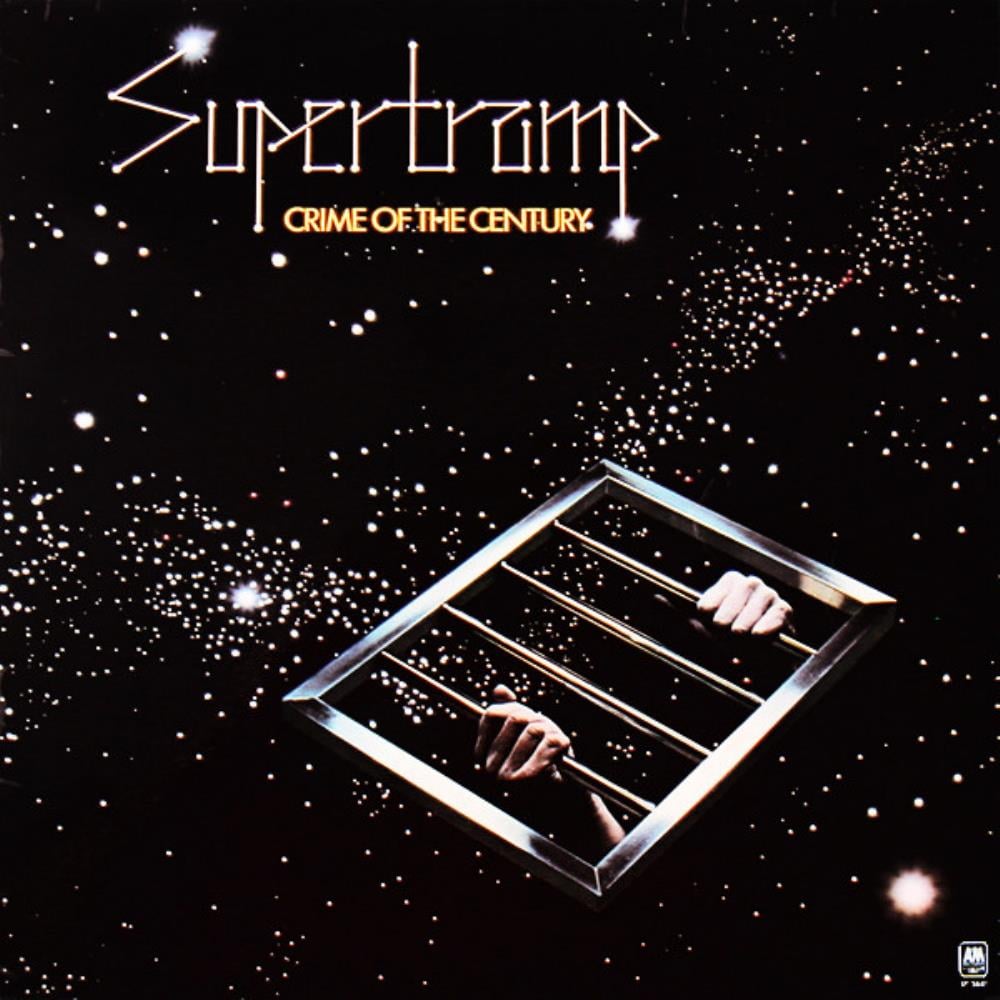
- #Supertramp school once upon time west movie#
- #Supertramp school once upon time west update#
- #Supertramp school once upon time west series#
Those who haven’t … will need to in order to fully appreciate it! The scene is way too layered and complex to summarize.
#Supertramp school once upon time west series#
Those who have read the book or seen the film or the classic BBC/Alec Guinness series will understand the tortured love-hate, self-or-country dynamics at work in the scene. I can’t think of a cinematic cover song better-deployed than Julio Iglesias’s disco-fied version of Charles Trenet’s “La Mer” at the end of 2011’s Tinker, Tailor, Soldier, Spy. Submit via reader brilliantly blends our cover-song series and our cinema series by noting an emotionally complex and devastating scene from director Tomas Alfredson: “I had a lover / It’s so hard to risk another these days” just works better than “Wonder if they’re second guessin' their decisions / I hate the number 2, that shit is unforgiven.” in a way that much of his actual album does not. Drake’s take borders on silly, but its wistfulness actually ends up capturing his Views-era M.O. Same title, different song, but it would have worked at least as well as the Nico in Tenenbaums.Ī nice rejoinder to the darkness of Nico’s “These Days” is Drake’s surprisingly lighthearted cover of the song, an under-the-radar pre- Views leak. When I saw your “These Days” headline, I immediately thought it referred to this gem by English singer-writer-artist Ron Sexsmith (no, for real, that’s his name).
#Supertramp school once upon time west update#
Update from reader Tim, who cheers things up a bit:
#Supertramp school once upon time west movie#
(For a far more inferior example, there’s the artless, heavy-handed scene in The Rules of Attraction where a young woman, devastated by an unrequited crush, opens her wrists in a bathtub while Harry Nilsson sings in the background “I can’t live if living is without you.” That movie was released a year after Royal Tenebaums, so it makes me think the sensationalist scene was a cheap knockoff.) But even without that tragic irony, the song selection for Richie’s scene was fitting given Smith’s long, well-known struggle with depression.

Smith died in 2003-two years after the release of Royal Tenebaums-from knife wounds to the chest that were likely self-inflicted. The wrist-cutting scene is all the more macabre because Elliott Smith’s “ Needle in the Hay” is playing in the background. It’s a dark complement to the scene above because Richie is in psychological turmoil over his love for Margot and discovers that she’s been sleeping with his best friend and a string of other men. Speaking of the fragility of those two characters, Margot and Richie, a subsequent scene shows Richie shaving his head and beard and then calmly slitting his wrists. It’s a tribute to capturing that gut-punch, unable-to-breath moment-you know, the one when you really see someone you love for the first time.Īnother reader, Noam, adds: “The fragility of the music and characters matches perfectly. Whatever it is, in this film, the song drops us right in the middle of an indie romance. Maybe it’s the slow-motion of Margot Tenenbaum stepping down from that funny green bus in her fur coat, or Browne’s young lyrics, or Nico’s deep croon. Nico’s cover, with its addition of strings, has an lush urgency to it that Browne’s version doesn’t convey, but nevertheless, it’s his lyrics that make the heart of the song. Browne went on to release his own version of it, six years later. Instead, it was plucked from a demo that 16-year old Jackson Browne recorded and sent in to the same publishing label. Although the song was first released in 1967 by singer Nico, she didn’t write it. “These Days” has a strange story behind it.


One of my favorite examples is the scene in Royal Tenenbaums where Richie meets his adopted sister Margot at a bus station (also, he’s secretly in love with her). But can you blame me? Clever and whimsical, Wes Anderson’s music choices are as colorful and precisely-exacted as his cinematography. Once, on a flight from Australia, I watched three Wes Anderson films back-to-back and gave myself a bad migraine.

Isabella Kwai selects a Nico song from a wonderful soundtrack:


 0 kommentar(er)
0 kommentar(er)
